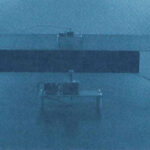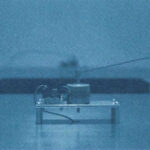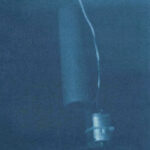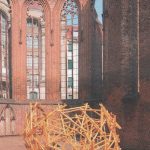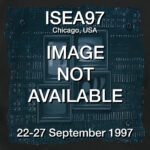“Scratch Studies #3: Moths” by Shawn L. Decker
Title:
Artist(s) and People Involved:
Exhibiting Artist(s):
-
Shawn L. Decker
-
- School of the Art Institute of Chicago (SAIC)
Symposium:
Venue(s):
Medium:
Artist Statement:
Scratch Studies is the latest in a series of new works which create sound through physical means (in this case, the rhythmic sounds of scratching) rather than using speakers. The individual works in Scratch Studies make use of piano wire connected to digitally controlled stepper motors which scratch steel plates in various ways. These “scratching machines” in this series are of different sizes, ranging from 4′ x 4′ square floor pieces to smaller 6″x18″ pieces which are hung.
These pieces explore the rhythmic territory between “mechanical” and “natural” rhythms as caused by various kinds of imitative behaviors. Each work contains its own embedded micro-controller programmed to control the motor’s movements (and thus the scratching activity) by simulating various natural processes such as Brownian motion, LFnoise, and bird song rhythms.
Each of these works also electronically “listens” to the others, with each “scratcher” imitating the others in various ways. Various forms of imitation utilized include reductive imitation – where details are removed, elaboration – where details are added, and literal imitation where patterns are exactly copied.
What is particularly interesting is how the group dynamic takes on complex emergent behaviors simply as a result of listening and imitating each other. If these works are turned on without any communication between them, they will simply each do exactly the same thing in unison (as they are all programmed identically). However, once these scratching machines are programmed to listen and imitate each other, the behavior of each individual immediately veers from that of the others (even though they are still programmed identically). Once this process begins, the group begins to develop a “collective memory” of rhythms which is passed from one machine to the next. None of the individuals possess this “memory” for very long: these “memories” only exist as they are passed from one machine to the next, constantly mutating and transforming during the process.
Additional Images:
- 2002 Decker Scratch Studies #3: Moths


